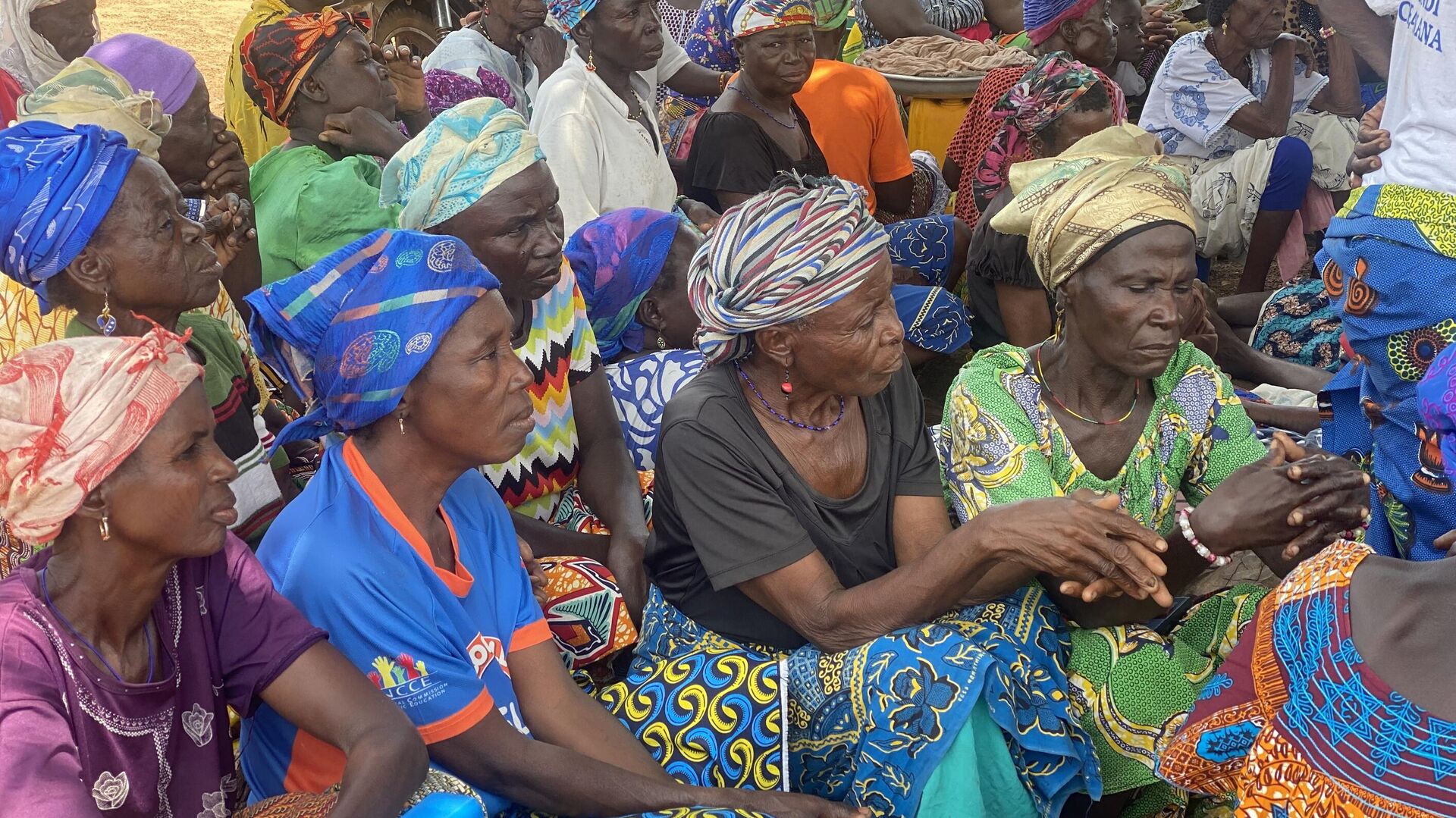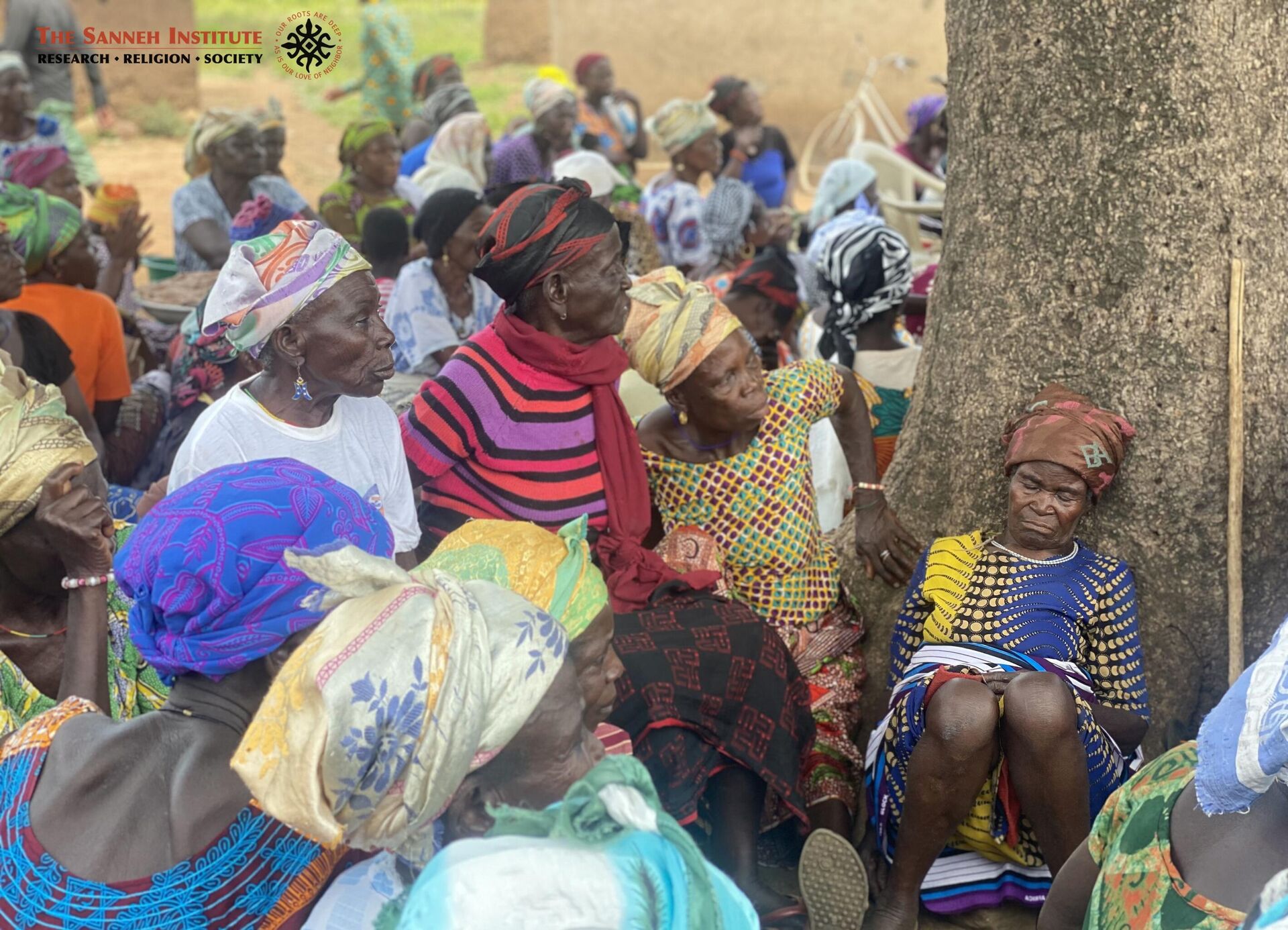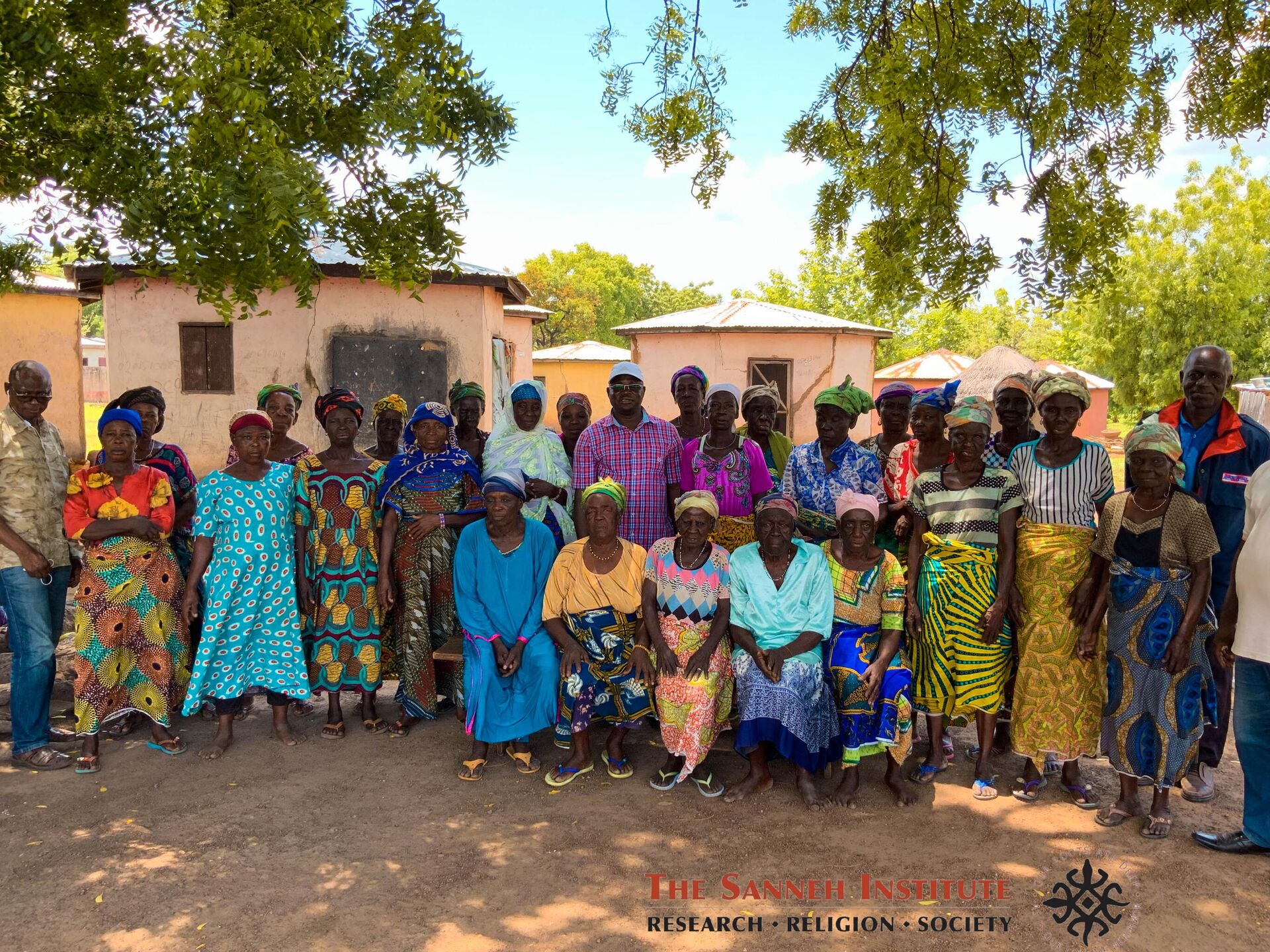Ghana to Ban Witchcraft Claims: What Are Witch Camps?
18:36 17.11.2023 (Updated: 09:43 18.11.2023)

© Photo The Sanneh Institute
Subscribe
A July bill to protect people accused of witchcraft is awaiting a presidential signature. According to Amnesty International, about 500 mostly elderly women and children live in five so-called witch camps in the north of the country. Their social reintegration is one of the key elements concerning the bill's backers.
The bill to protect people accused of witchcraft will send a message to Ghana and the world that such practices are outdated, Prof. John Azumah, executive director of the Sanneh Institute in Accra, told Sputnik Africa.
The bill looks to shield women who are currently being beaten, thrown out of their homes and even killed on suspicion.
"The bill, we believe, when signed into law by the president, will really send a very strong signal, first of all, to the Ghanaian society and, secondly, to the international community that such beliefs and practices have no place in the 21st century," the professor said.
Noting that belief in witchcraft is widespread in Africa and parts of Asia, the professor emphasized that only in Ghana has the practice of establishing witch camps for women developed. While in the past, such camps were set up as shelters for women around traditional shrines, over time they have become prisons of sorts, the expert said.
"So the camp started as a safe haven, but the camps are no longer safe havens. They are open prisons. They are places of exploitation and of dehumanization of these women. That is why we want them closed down as soon as possible," Azumah noted.
He explained that women who end up in the camps, either because they seek asylum after being accused by their families or because they are forcibly taken there, are assaulted and exploited, including sexually, as well as made to feel abandoned because no relatives call or visit them.

Women accused of witchcraft in one of Ghana's witch camps
© Photo The Sanneh Institute
Upon entering the camps, a ritual is performed for the newcomer: it involves slaughtering a chicken. The chicken's head is cut off and the chicken is thrown down, and if the chicken lands on its belly, the woman is considered a witch, the professor revealed.
However, even if a woman is found not guilty, the "accusers" will still insist that she cannot return home.
"They [women] will still feel that if they come back to their communities, they will be harmed. And therefore, out of fear, the women stay in the camps," Azumah pointed out.

Women accused of witchcraft in one of Ghana's witch camps
© Photo The Sanneh Institute
Therefore, the expert said, the bill provides for the gradual closure of the witch camps after three years. Those who can return home will do so, while those who cannot will be resettled in communities, the professor said. The government will also have to provide alternative housing for those who are too weak to care for themselves, he added.
The expert emphasized that the bill will not, however, discourage Ghanaians from believing in witchcraft, but would "very carefully" confront only the accusers.
Steps to De-Witchization
In Ghana, some progress has been made in raising awareness of human rights in relation to accusations of witchcraft and how belief in witchcraft violates human rights, Lamnatu Adam, executive director at Songtaba NGO, told Sputnik Africa.
According to the activist, there must be an ongoing discourse around the issue of the permissibility of witchcraft, as a single awareness-raising event is not enough.
"There's that gap that we need to fill about what we believe in and about how our belief does not conform with the human rights principles of our belief. And that is where we need to work harder to be able to ensure that we have that kind of continuous discussion," she stressed.
Furthermore, the activist said that in addition to sensitization, the NGO Songtaba has made progress in reintegrating women into communities of their choice and called on the government to complement it's efforts.
"As we are doing the gradual reintegration, we are hoping that the government comes in to support the reintegration program so that we reintegrate the women gradually whilst we continue to do the sensitization at the community level," she remarked.
The activist concluded that successful reintegration of women from the camps means actively working with the communities to which they are returning to ensure that those formerly accused of being witches are safe.

